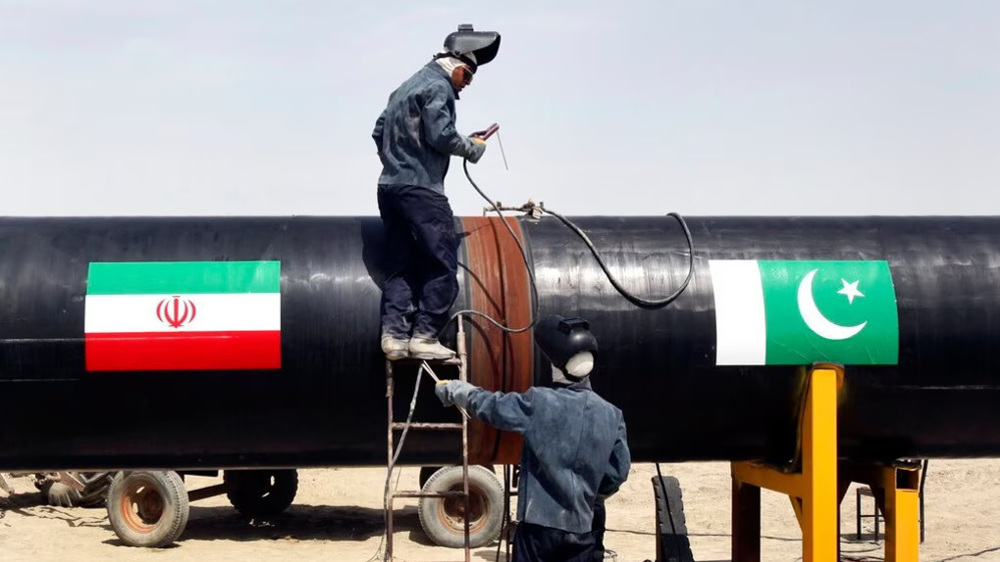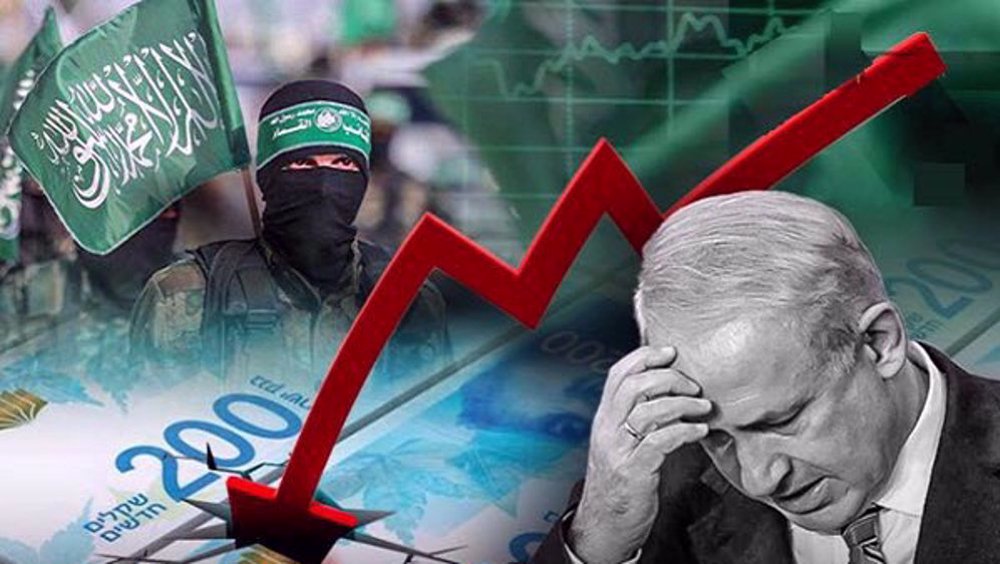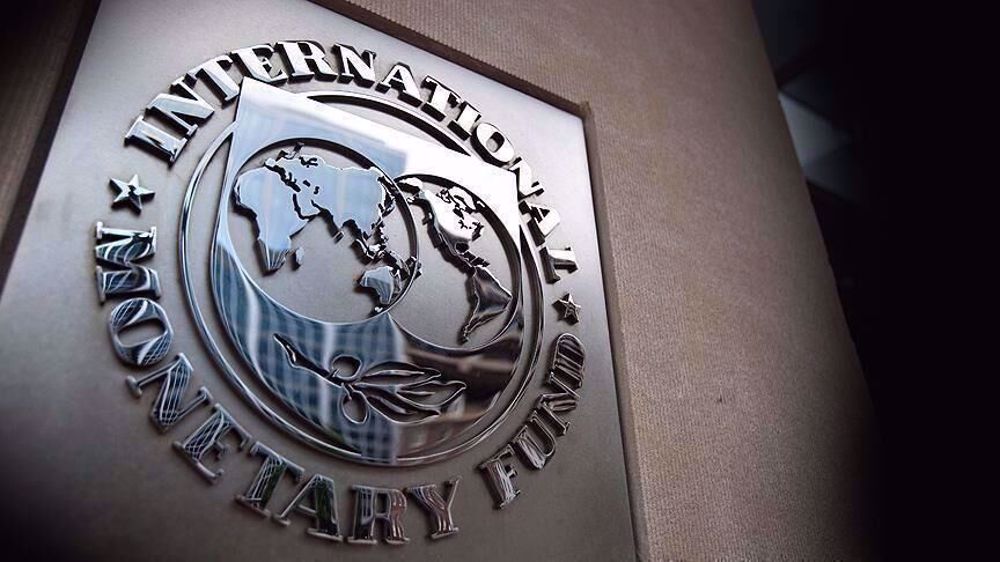Oil prices rebound in global markets after historic fall
Oil prices have experienced a rebound in global markets, after going through a drastic fall, which saw crude prices fall below USD 30 a barrel for the first time in more than 12 years.
On Wednesday, investors were awaiting the release later in the day of data related to the US commercial crude stockpiles, expecting them to show another increase in those reserves, thus further exacerbating a global supply glut that has been putting a tremendous downward pressure on the market for the past 18 months, AFP reported.
At about 1245 GMT, the price of US benchmark West Texas Intermediate (WTI) for delivery in February increased 69 cents, or 2.3 percent, to stand at USD 31.13 a barrel.
Meanwhile, the price of European benchmark Brent North Sea crude for February rose 69 cents, or 2.2 percent, to hit USD 31.55 a barrel compared with Tuesday's close.
On Tuesday, WTI fell to USD 29.93, a level last seen at the start of December 2003, although it relatively increased later after a private-sector report was released pointing to a drop in crude inventories.
Brent on Tuesday slid to USD 30.34 a barrel, which was the lowest point since April, 2004.
"We've seen markets oversupply for some time, perhaps a year and a half," Sam Alderson, an economist at the Center for Economics and Business Research, told AFP.
"Demand has been growing but it has been outpaced by supply. We've seen massive growth in areas such as North America with the shale oil revolution, and rather than cutting production back OPEC have decided to keep production at their current levels," he added.
On Tuesday, Nigeria, as a member state of the Organization of the Petroleum Exporting Countries (OPEC), which relies on petrodollars for most of its revenues, called for an emergency meeting of the organization to address plummeting prices, which have shaken world stock markets and hammered energy firms.
Nigeria’s Minister of Petroleum Resources Emmanuel Ibe Kachikwu said he expects an extraordinary meeting of the group in "early March" to discuss the crisis.
Less affluent members of the OPEC have been struggling to get the world body reduce its high production levels in a bid to drive prices higher.
However, influential OPEC members led by Saudi Arabia have rejected any such move, preferring to fight for market share against rival producers, particularly the United States.
VIDEO | Press TV's news headline
Explosion heard near Isfahan due to activation of air defenses
‘Iran retaliation against Israel ensured no aggression would go unanswered’
US vetoes Palestinian request for full UN membership
Iran sufficed to strike only part of Israel’s military positions: FM to UN chief
IRGC: Israel’s Dimnoa nuclear reactor not among Op. True Promise’s targets
VIDEO | West Asia awakens
'Stop any further Israeli adventurism,' Iran FM tells Security Council














 This makes it easy to access the Press TV website
This makes it easy to access the Press TV website